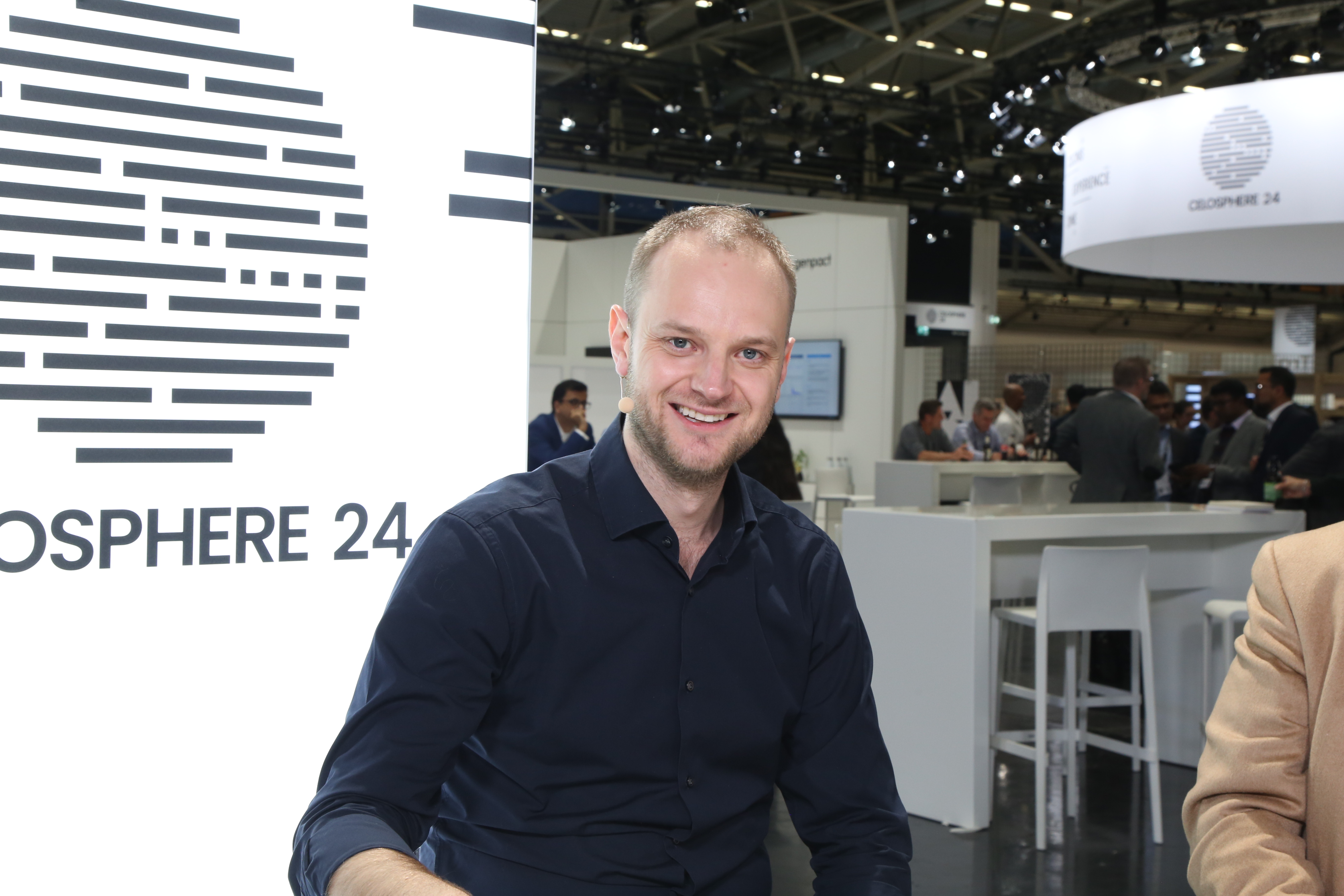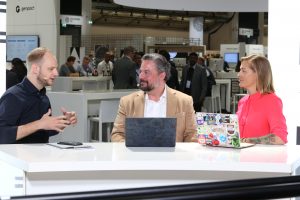 AI
AI
 AI
AI
 AI
AI
The ever-evolving landscape of enterprise technology is increasingly focused on integrating AI-driven process intelligence across industries.
Today, businesses seek not only operational efficiency, but also innovation in handling complex systems such as supply chains and customer relationships. As organizations look to gain a competitive edge, the ability to streamline processes and leverage advanced technologies has become paramount.
“We always say there’s no AI without process intelligence, especially on the enterprise side,” said Alex Rinke (pictured), co-founder and co-chief executive officer at Celonis SE. “What’s the difference between AI and enterprise AI? Each enterprise is different, [with] proprietary processes, customer relationships and vendor relationships, and it’s all scattered across systems.”

Celonis’ Alex Rinke talks with theCUBE about platform versatility, scalability challenges and the drive toward sustainability.
Rinke was joined by theCUBE Research’s Rob Strechay and Savannah Peterson at Celosphere 24, during an exclusive broadcast on theCUBE, SiliconANGLE Media’s livestreaming studio. They discussed the versatility of platforms that can cater to various industries, the challenges of maintaining scalability and the drive toward sustainability. (* Disclosure below.)
One of the core challenges for companies today is ensuring that their technology platforms can adapt to a variety of industries and use cases, according to Rinke. Achieving this adaptability requires building flexible systems to handle diverse processes — from manufacturing workflows to healthcare services — while remaining easy to implement across different geographies.
“We have a generic model … but we want to make it easier for any industry and any process to get Celonis and get value out of the box,” Rinke said. “We [also] have apps for specific use cases like accounts receivables [or] like supply chains that are quite horizontal.”
To address the unique demands of different sectors, Celonis applies AI-driven process intelligence, enabling real-time visibility into business operations and allowing companies to tailor their solutions while maintaining an overarching universal model. This adaptability helps connect processes across company boundaries, streamlining operations across industries.
“Celonis initially was one process at a time,” Rinke noted. However, recognizing that supply chain processes don’t stop within an organization, the company worked to connect processes — such as those in distribution and supply networks — to reduce the friction between them, he added.
The growing focus on sustainability is shaping how businesses operate, especially in sectors with significant environmental footprints, according to Rinke. Companies are now evaluating their processes’ efficiency and impact on the environment, particularly in areas such as logistics and supply chain management. Businesses can track and reduce their carbon footprint using AI-driven process intelligence, creating a sustainable supply chain.
“I think [sustainability] is a real challenge, but it’s also an opportunity — to drive change and motivate change and motivate action,” Rinke said.
Highlighting how one customer used the Celonis platform to monitor carbon output across the supply chain, he added that the company looks at sustainability from an efficiency perspective but also evaluates how much carbon they’re creating so they can take actions to reduce their footprint.
“There’s a lot more that’s inspiring our customers, our people and everybody to drive positive change across all these dimensions, and there’s going to be more,” Rinke said.
Celonis is continually looking forward, with a strong focus on improving its platform to meet evolving customer demands, according to Rinke. The company emphasizes the importance of building on its current technological foundation to enhance scalability and efficiency for its clients, ensuring AI can integrate across an organization’s processes effectively.
“Whenever we come up with a new data infrastructure to be more scalable … [with] better data under the hood … a very modern data stack that’s very interoperable,” Rinke said.
The company is focused on ensuring its platform is both fast and adaptable, positioning Celonis to handle complex, real-time processes across industries, he added.
Here’s the complete video interview with Rinke, part of SiliconANGLE and theCUBE’s coverage of Celosphere24:
(* Disclosure: TheCUBE is a paid media partner for Celosphere 24. Neither Celonis SE, the sponsor of theCUBE’s event coverage, nor other sponsors have editorial control over content on theCUBE or SiliconANGLE.)
THANK YOU